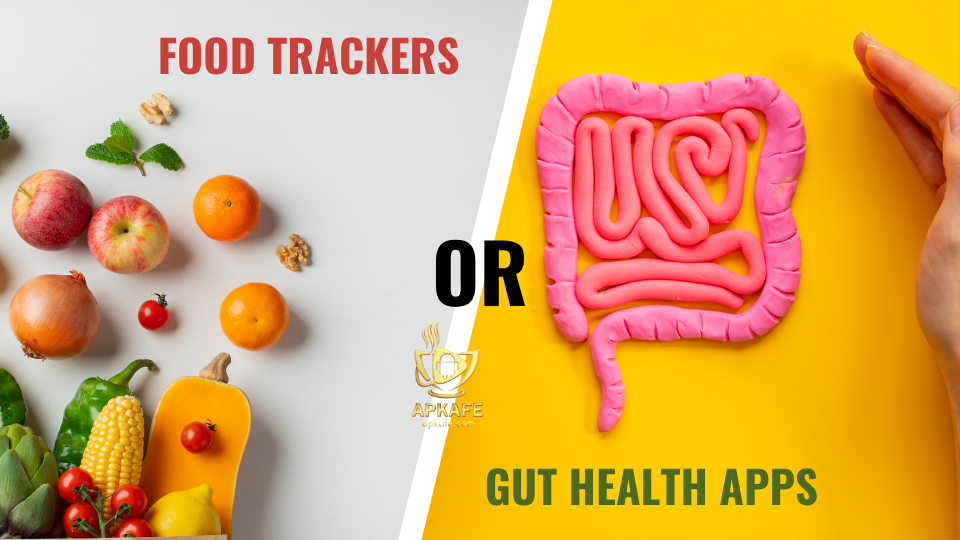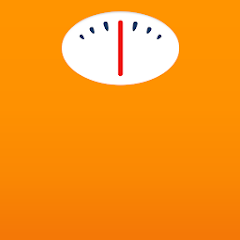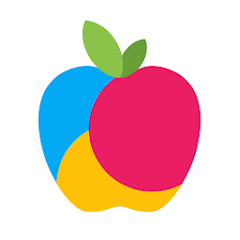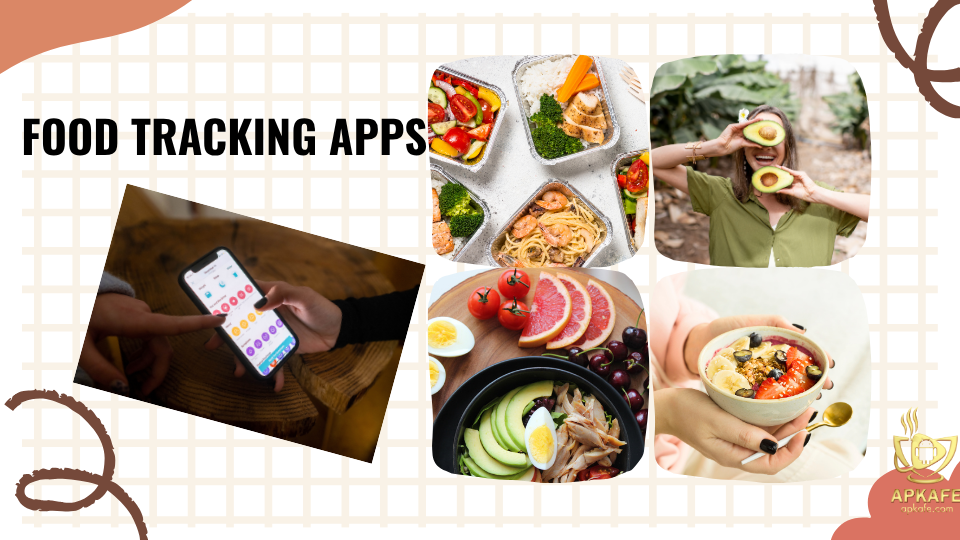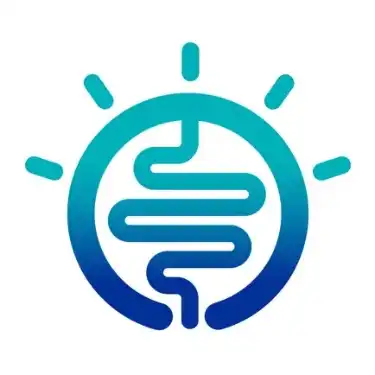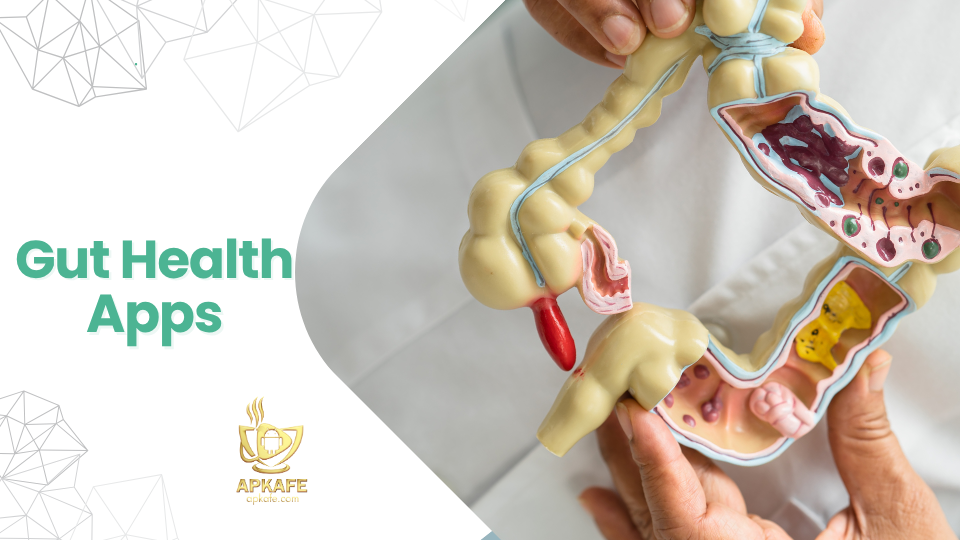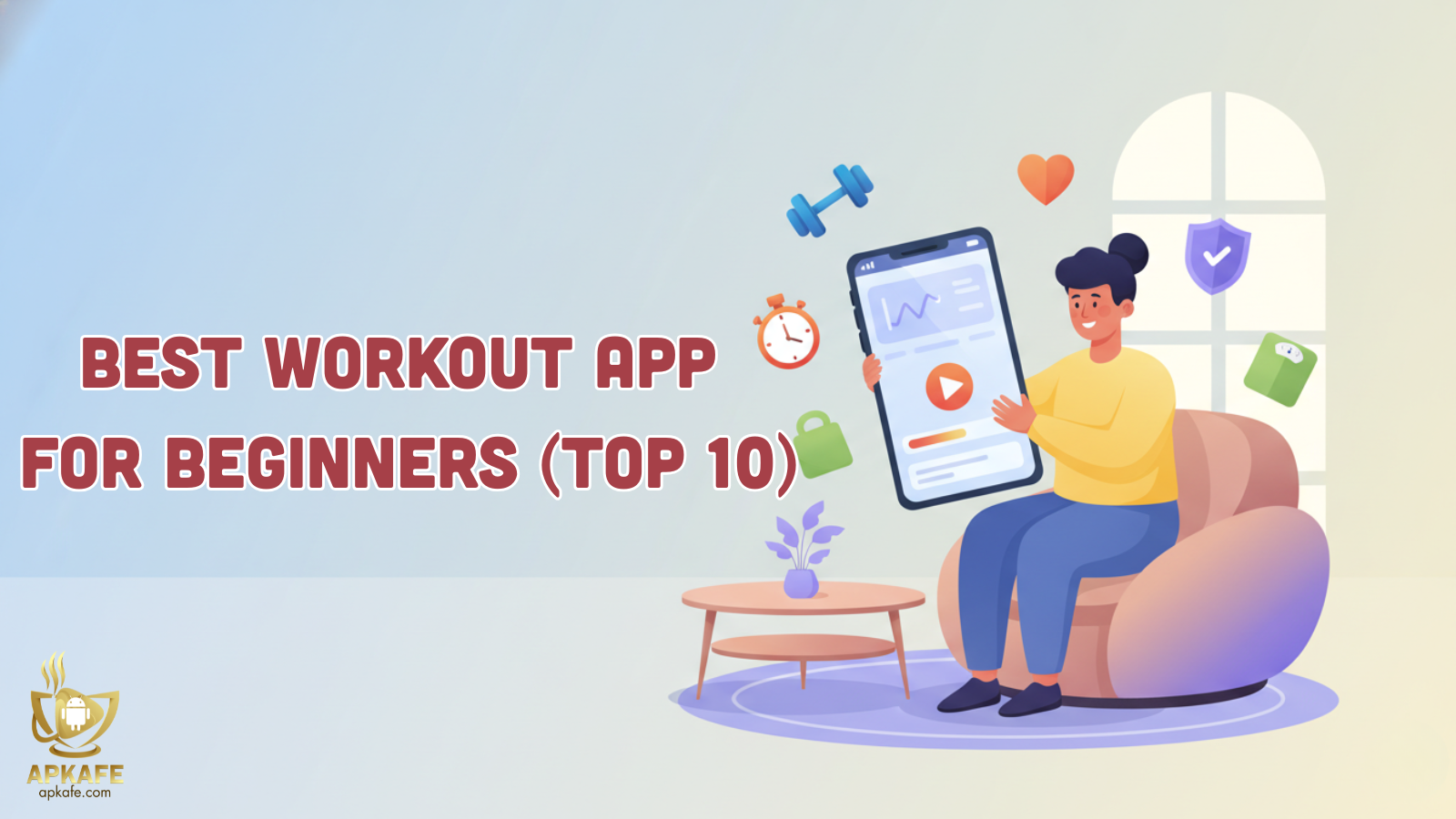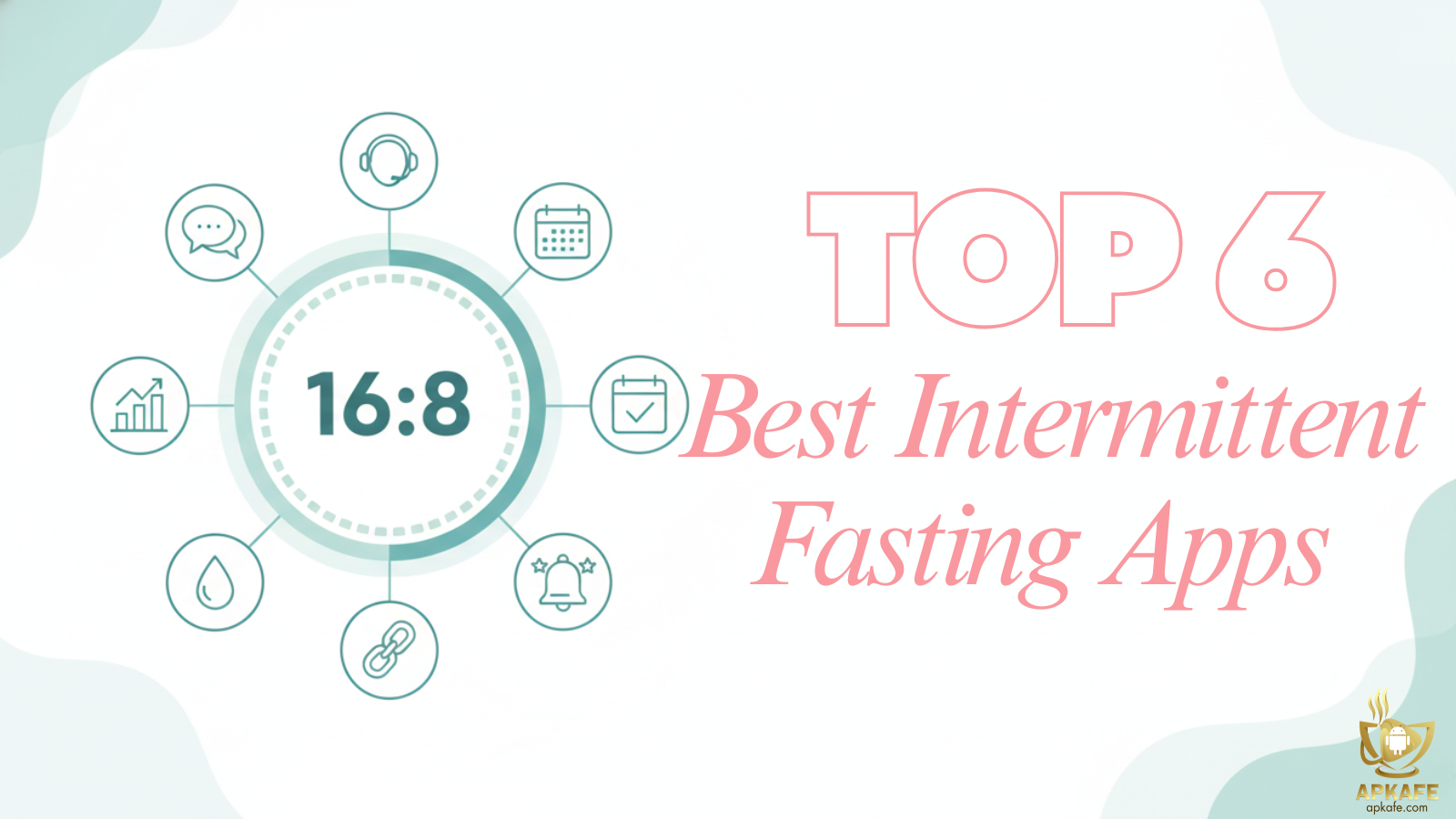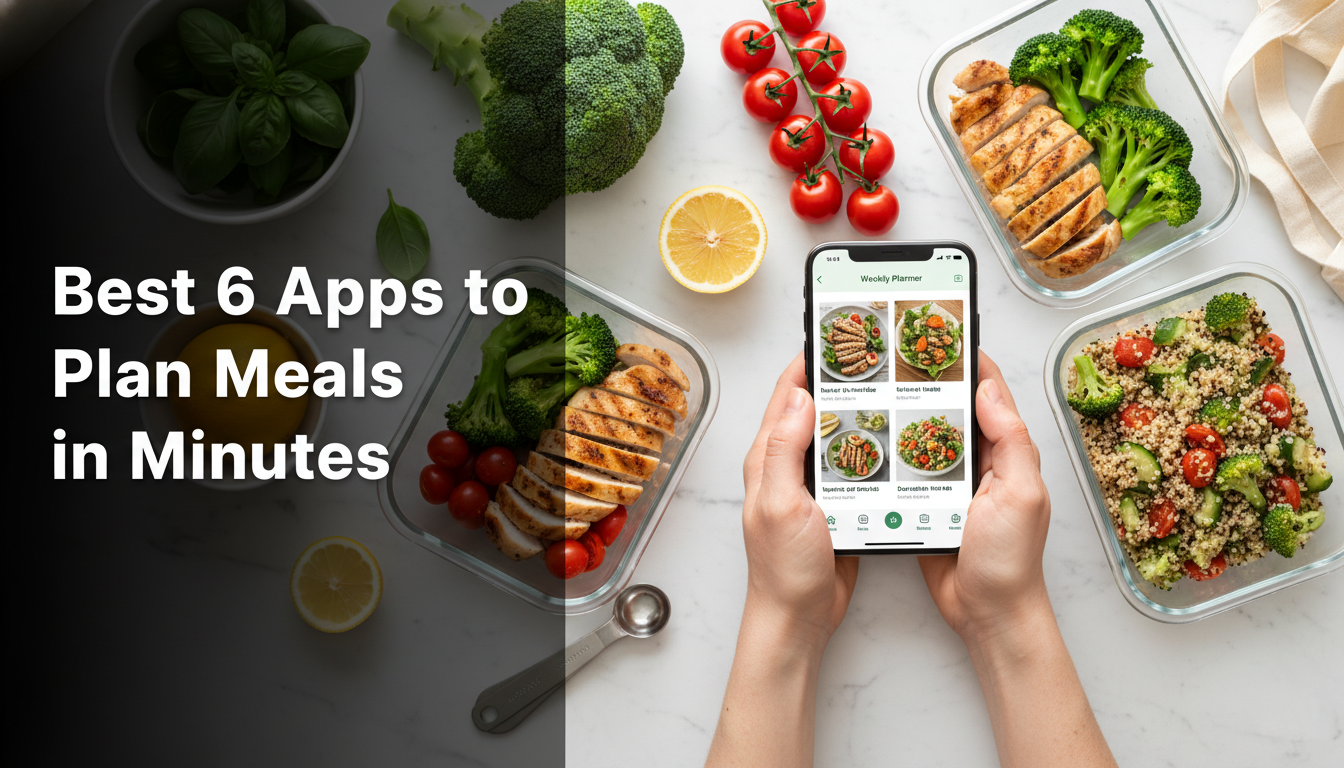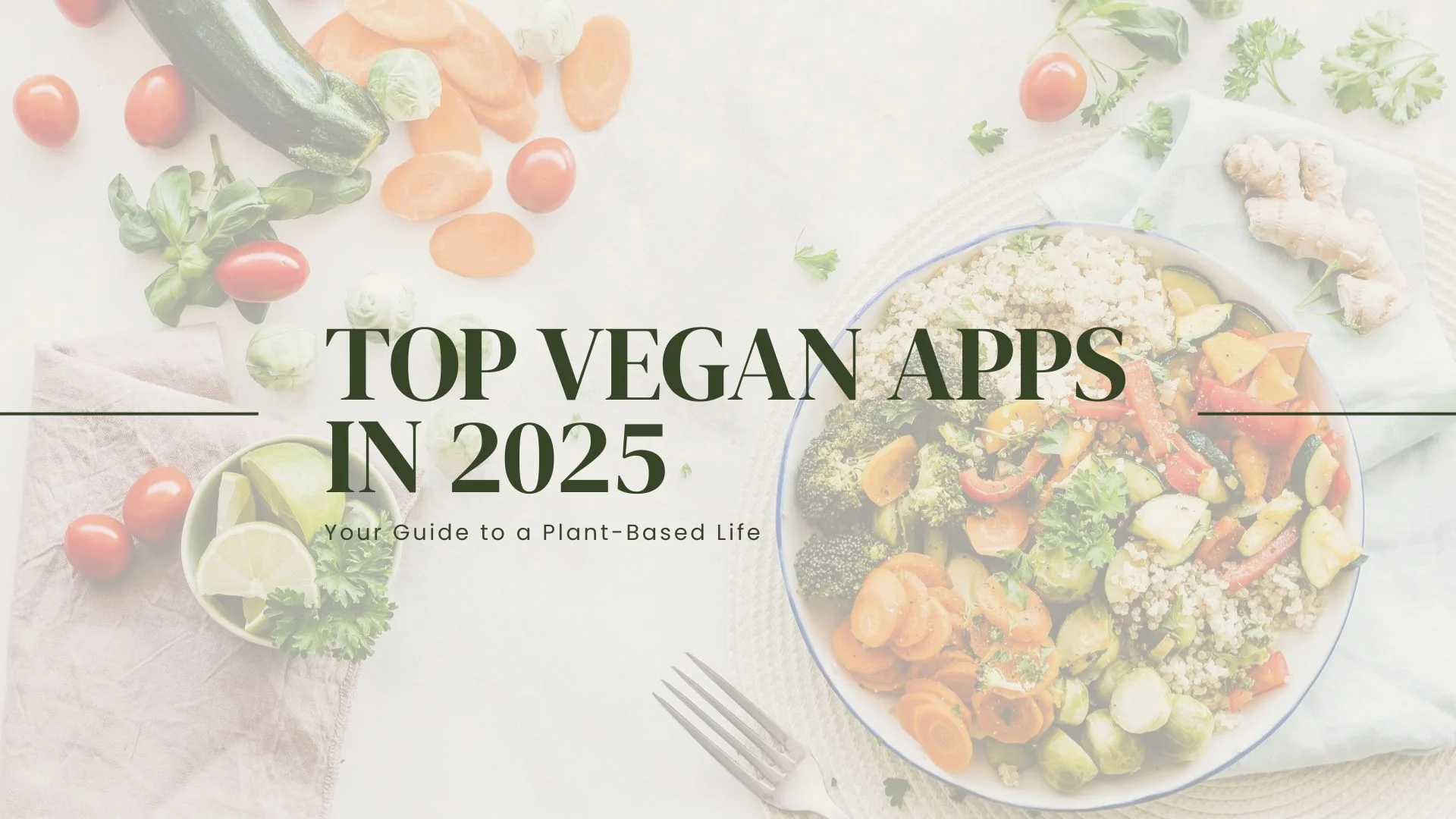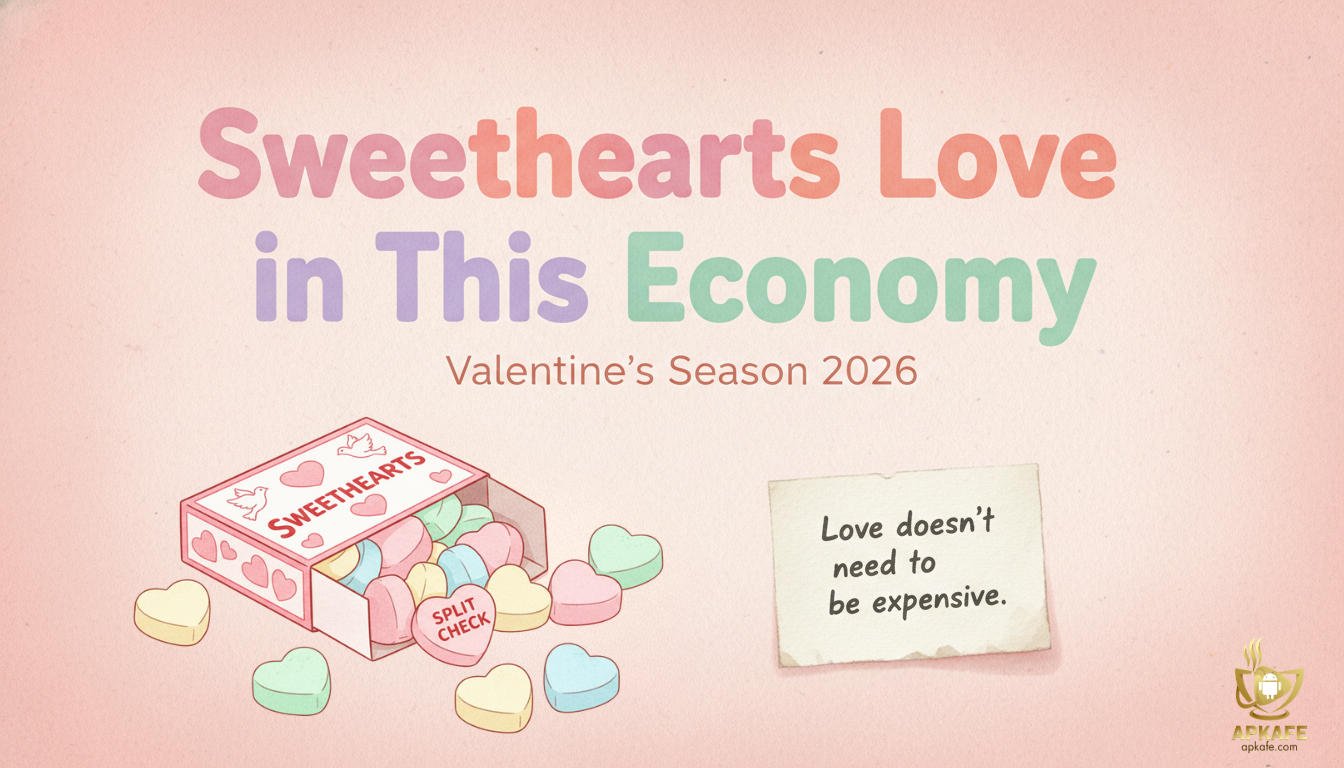Food Tracking Apps vs. IBS/Gut Health Apps: Which One Is Right for You?
With more people turning to digital tools for health optimization, choosing between a food tracking app and an IBS/gut health app can be tricky. In this guide, we break down the benefits of each type of app and help you decide which one, or combination, best suits your needs for improved nutrition and digestion.
More people than ever are turning to digital tools to optimize their diet and well-being. But should you use a food tracking app or an IBS/gut health app?
While both categories help you understand how food affects your body, they serve very different purposes. In this article, we compare these two types of apps to help you choose the right one—or even combine both for maximum benefit.
What to Consider:
- Food tracking apps focus on calorie, macro, and nutrient tracking.
- Gut health apps focus on digestion, microbiome balance, and IBS symptom management.
Your choice depends on whether your goal is weight control, nutrition awareness, or better digestion. Still, using both types of apps together can provide deeper insights into your overall health.
Want to have a healthy food plan? Read here!
What Are Food Trackers?
Food trackers are mobile apps designed to help you log your daily food intake and monitor your nutrition.
Their main purpose is to increase awareness of:
- Calorie consumption
- Macronutrients (protein, carbs, fats)
- Micronutrients (vitamins, minerals)
- Eating patterns (meal timing, balance)
Many food trackers also include features to:
- Set weight goals
- Track exercise and calorie burn
- Analyze nutrition trends over time
In this modern life, food trackers have evolved to offer AI-powered insights, meal suggestions, and diet-friendly recipes for various eating styles (vegan, keto, intermittent fasting, etc.).
How Food Tracking Apps Work
Food tracking apps help users log their meals, snacks, and drinks to monitor calorie intake, macronutrients (protein, fats, carbohydrates), and sometimes micronutrients (vitamins, minerals).
They typically include:
- Large food databases with barcode scanners
- Integration with fitness trackers and smart scales
- Weight loss and fitness goal setting
Top 4 Food Tracking Apps
Discover why MyFitnessPal is one of the best calorie counter apps for 2024. Read our detailed review on its features, pros & cons, and how it stands out from other apps.
- Massive food database
- Barcode scanner & recipe importer
- Fitness tracker integration
Discover the top 6 best food tracking apps of 2024. Learn about their key features, pros and cons, and why they are loved by millions
- Easy-to-use interface
- Focuses on calorie counting and macro balance
- Smart weight management features
Track your food and calories with YAZIO, the best app for personalized nutrition. Set goals, plan meals, and improve your health. Download YAZIO now!
- Clean, modern design
- Detailed macro and micronutrient tracking
- Personalized meal plans
Explore Lifesum, a top food tracking app for 2024. Track fats, plan meals, and compare it with other apps to see why it's a leading choice for managing your diet.
- Visually appealing app with lifestyle tips
- Focus on healthy eating habits
- Supports various diet types (keto, paleo, etc.)
How to Pick a Good Food Tracker
When choosing a food tracker, look for these key features:
- Extensive food database with barcode scanner
- Customizable goals (weight, macros, special diets)
- Ease of use and fast meal logging
- Integration with fitness trackers and health apps
- Clear nutrient analysis and progress tracking
Pro Tip: Read App Store reviews — apps like Yazio and Lifesum often get praise for their user-friendly interfaces and beautiful design, while MyFitnessPal is known for its comprehensive database.
What Are Gut Health Apps?
Gut health apps are digital tools that help you track how your diet and lifestyle impact your digestive system.
They’re popular among:
- People with IBS (Irritable Bowel Syndrome)
- Those with bloating, gas, or food sensitivities
- Users interested in microbiome health
Common functions include:
- Logging meals and tracking digestive symptoms
- Offering FODMAP guidance and elimination diet support
- Suggesting personalized dietary adjustments
- Providing microbiome-based insights (for apps like Gut2Know)
The goal is to help you identify food triggers, improve digestion, and optimize gut microbiome balance for better overall health.
How Gut Health / IBS Apps Work
Gut health apps focus on tracking how specific foods affect your digestive system, rather than calorie intake. These apps help people manage IBS (Irritable Bowel Syndrome), food sensitivities, bloating, and other gut-related symptoms.
Common features include:
- Meal and symptom logging
- FODMAP guidance for sensitive digestion
- Microbiome testing and personalized dietary recommendations
- Stress & lifestyle tracking (which also impact digestion)
Top 4 Gut Health / IBS Apps
Cara Care is a groundbreaking digital health application designed to empower individuals with chronic digestive conditions, offering personalized programs to manage symptoms, track progress, and improve overall well-being. This comprehensive guide delves into everything you need to know about Cara Care, from its core functionalities to what makes it stand out in the crowded health app market.
- Designed for managing IBS and gut health
- Food and symptom diary
- Offers FODMAP guidance and education
- Combines gut-focused tracking with stress and lifestyle elements
- Personalized recommendations
- Focus on long-term gut health
Keeping track of what we eat can be crucial in understanding how certain foods affect our bodies. Whether you suffer from food sensitivities, digestive issues, or just want to maintain a healthier lifestyle, the mySymptoms Food Diary app offers a powerful tool to help you track your meals and symptoms. With a simple yet effective interface, this app allows you to log your food, drink, and symptoms, making it easier to pinpoint triggers and take control of your health. In this review, we’ll take a closer look at its features, benefits, and how it can help you improve your well-being.
- Popular app for tracking food intolerance and IBS symptoms
- Simple and flexible meal & symptom tracking
- Detailed reports to identify trigger foods
Maintaining a healthy gut is crucial for overall well-being, as it affects everything from digestion to immunity and even mental health. However, it can be challenging to track and improve gut health without the right tools. That’s where the Gut2Know app comes in. This innovative app helps you track your gut health, monitor digestive symptoms, and offers personalized insights to help improve your digestion. In this review, we’ll explore the app’s features, benefits, and how it can assist you in managing your gut health.
- Uses microbiome insights to personalize recommendations
- Integrates gut testing results
- Helps optimize both digestion and overall wellness
How to Pick a Good Gut Health App
Not all gut health apps are created equal. Consider these factors when choosing:
- Support for FODMAP diets if you have IBS
- Ability to log both meals and symptoms
- Clear trend reports to spot trigger foods
- Option to add stress, sleep, exercise logs (these affect digestion too!)
- Optionally, microbiome testing integration for deeper insights
Pro Tip: Apps like Cara Care and mySymptoms are great if you want flexible DIY tracking, while Gut2Know offers advanced science-based recommendations if you’re ready to dive deeper.
You may care about Top symptom and mood trackers!
Key Differences Between the Two
| Aspect | Food Tracking Apps | Gut Health Apps |
| Main Goal | Track calories & macros | Manage gut symptoms & improve digestion |
| Target Audience | Fitness enthusiasts, dieters | IBS sufferers, wellness optimizers |
| Focus of Tracking | Calories, macros, exercise | Meals + gut symptoms (bloating, stool quality, etc.) |
| Personalization | Based on fitness goals | Based on symptoms, microbiome results |
| Typical Integrations | Fitness trackers, smart scales | Gut tests, symptom diaries |
When You Should Use One vs. The Other
👉 Use Food Tracking Apps if your goal is:
- Weight loss or weight gain
- Fitness performance
- Body composition tracking
- Building awareness of calorie and macro intake
👉 Use Gut Health / IBS Apps if your goal is:
- Managing IBS or digestive symptoms
- Understanding food intolerances
- Supporting gut health and microbiome balance
- Improving overall digestion and well-being
Can You Use Both Together?
Absolutely! In fact, combining both types of apps gives you a holistic view of how your diet affects your entire body—not just your weight or digestion in isolation.
Tips for using both:
- Log meals in both apps or sync when possible.
- Track gut symptoms alongside calorie intake to find trigger foods.
- Pay attention to both nutrition density and digestive comfort.
Conclusion
There’s no one-size-fits-all approach to using health apps. Food trackers help manage calories and macros, while gut health apps focus on digestion and food sensitivity management.
By understanding their unique strengths, you can choose the right tool—or combination of tools—to support your personal health journey in 2025.
FAQs
Q: What’s the difference between gut health apps and calorie counters?
Gut health apps track how your food affects your digestion and symptoms, while calorie counters focus on energy intake and nutrition tracking.
Q: Can food tracking apps help with IBS?
They can help identify patterns, but gut health apps are better suited for managing IBS-specific symptoms.
Q: Are gut health apps backed by science?
Many are based on evidence-based frameworks like FODMAP diets or microbiome testing, but quality varies—choose well-reviewed apps.
Q: How accurate are food tracking apps?
Accuracy depends on the database and your logging consistency. Apps like MyFitnessPal and Yazio are among the most reliable.
Q: Do I need a microbiome test to use a gut health app?
No, but apps like Gut2Know can provide more advanced recommendations if paired with microbiome insights.
User Reviews

